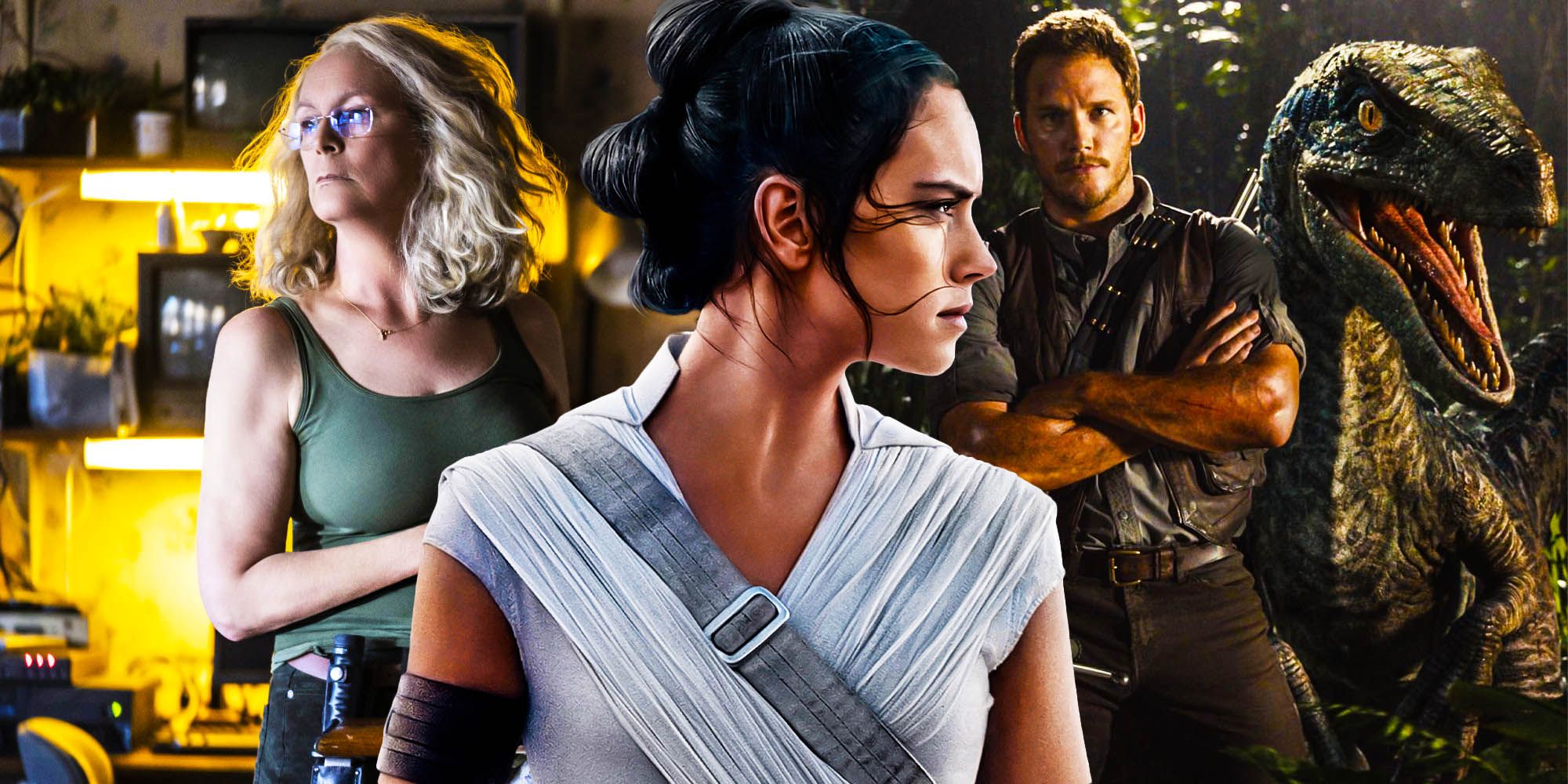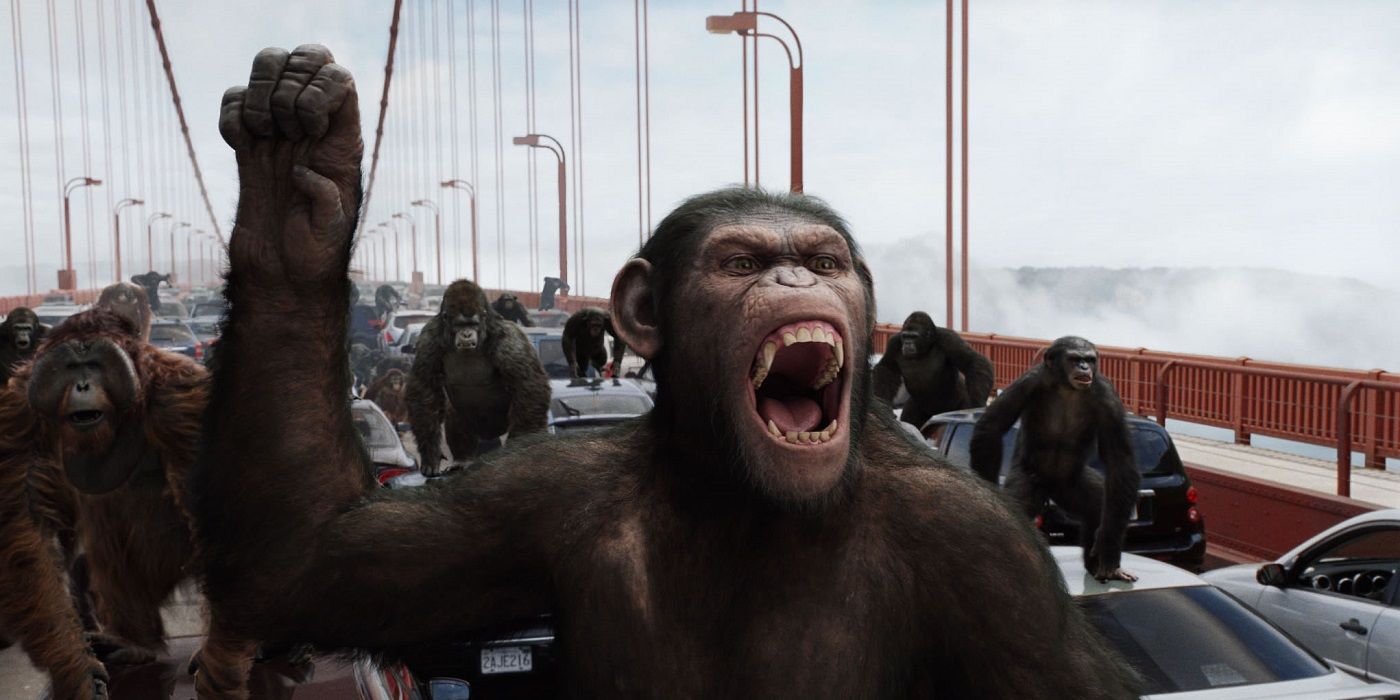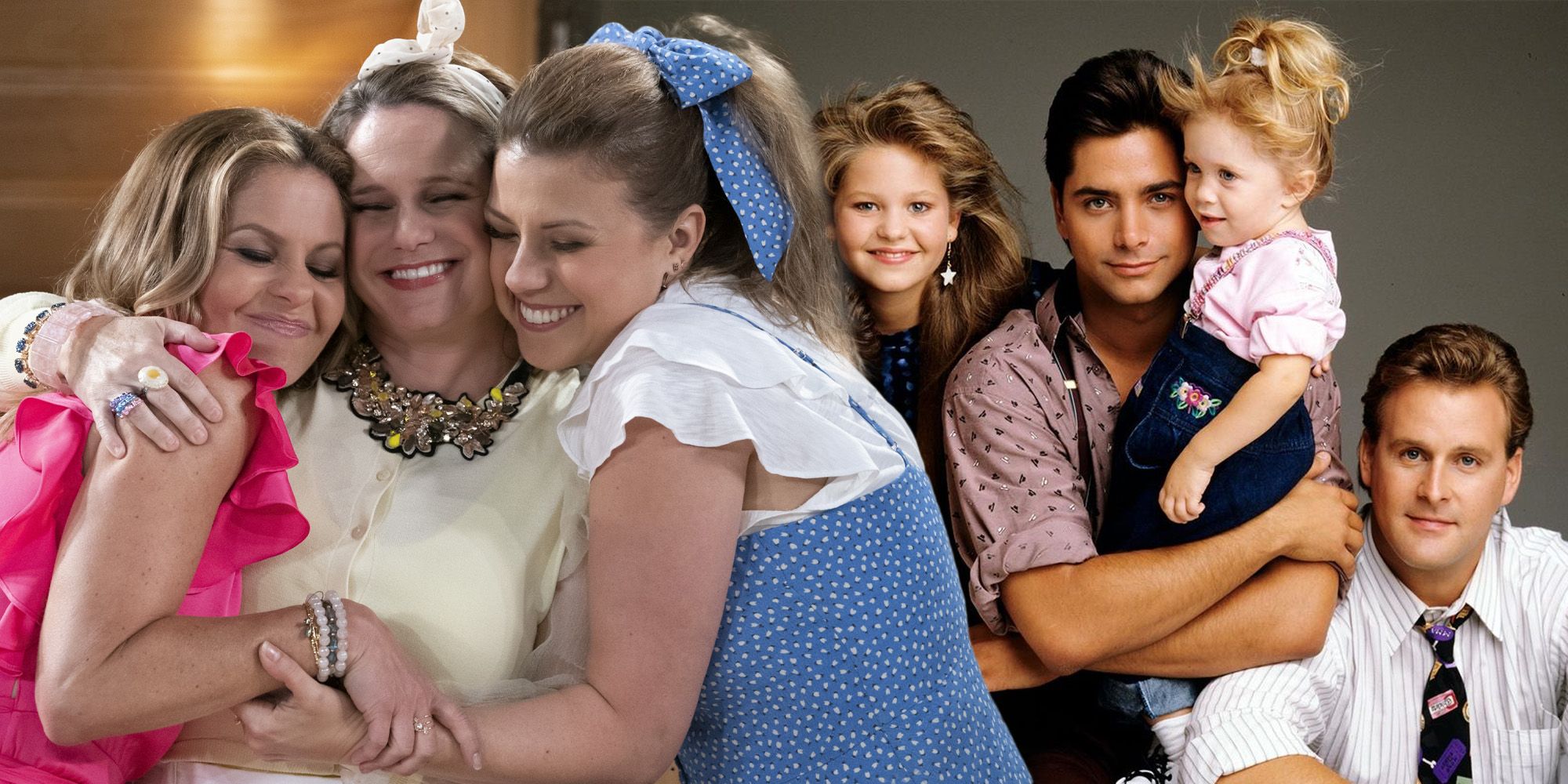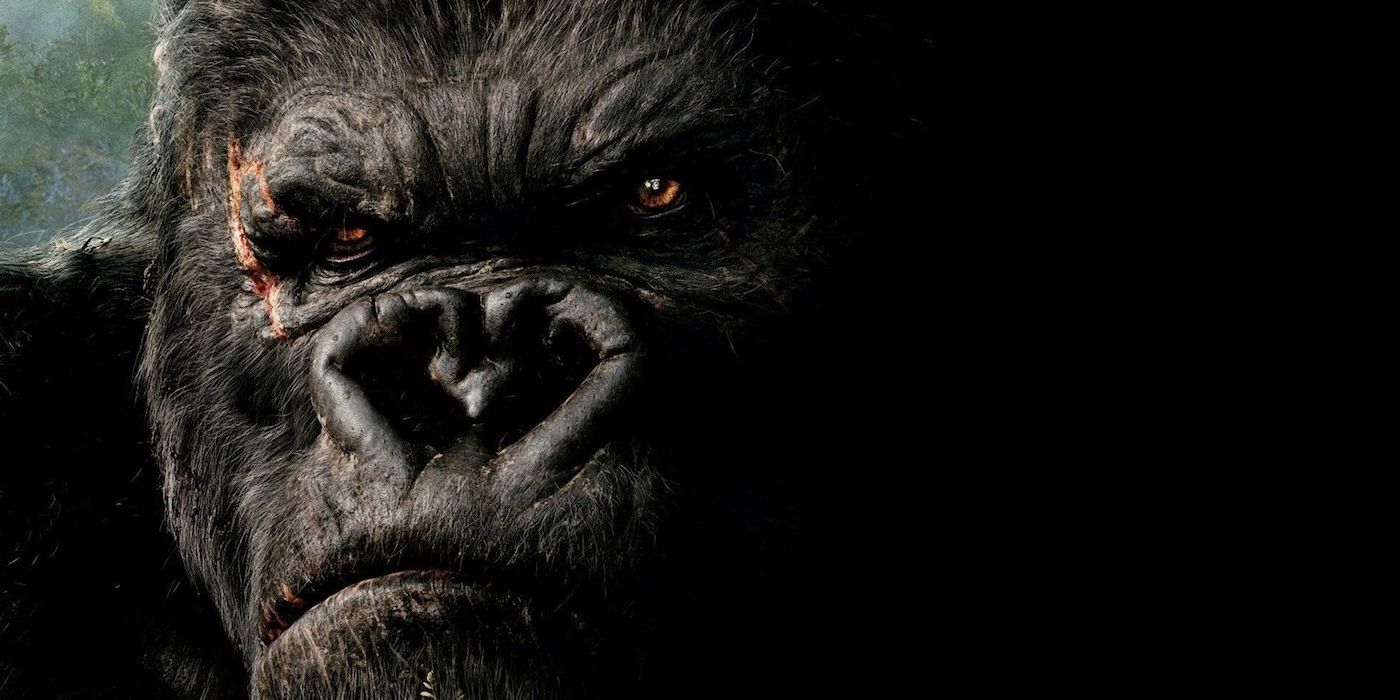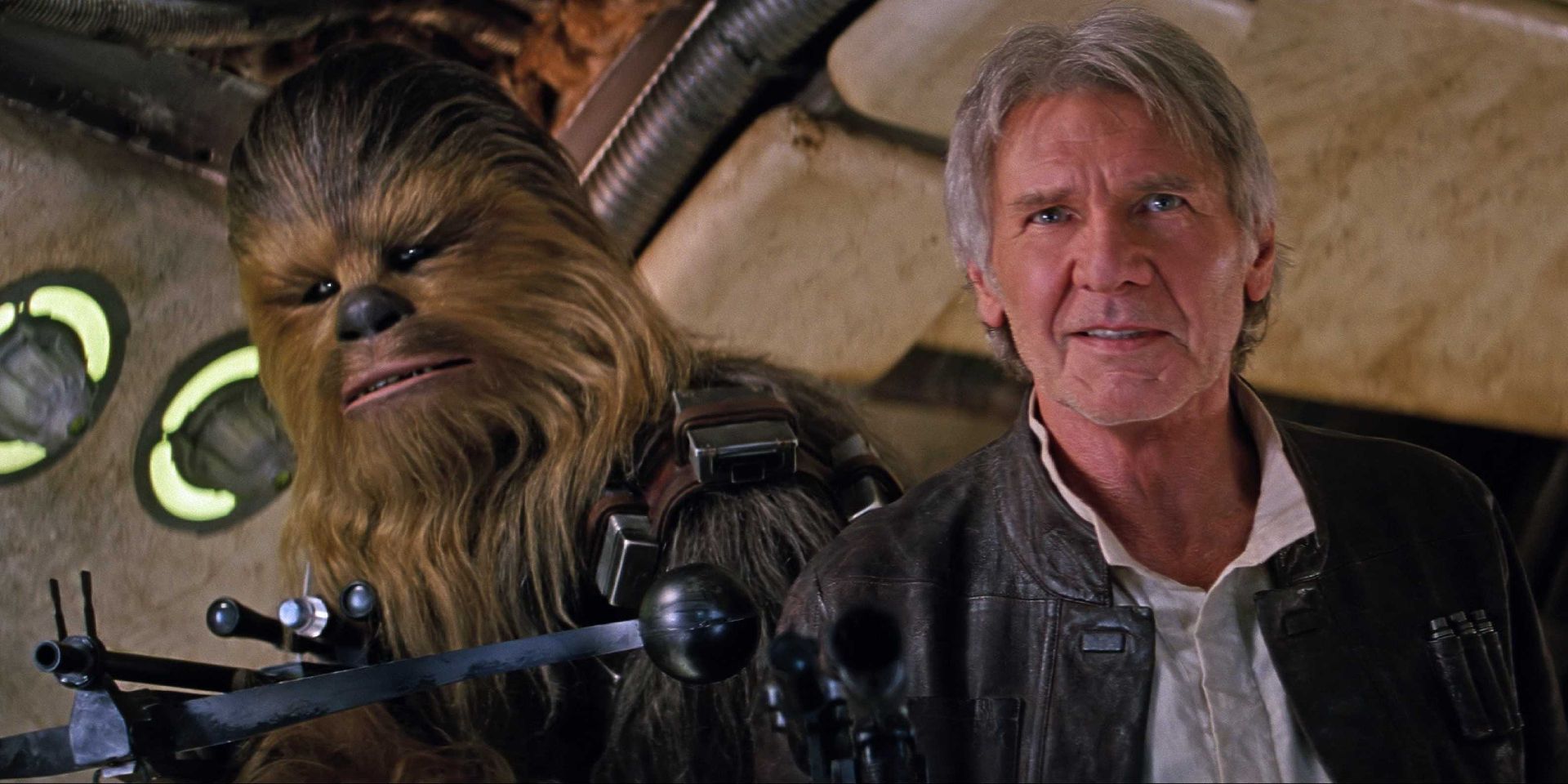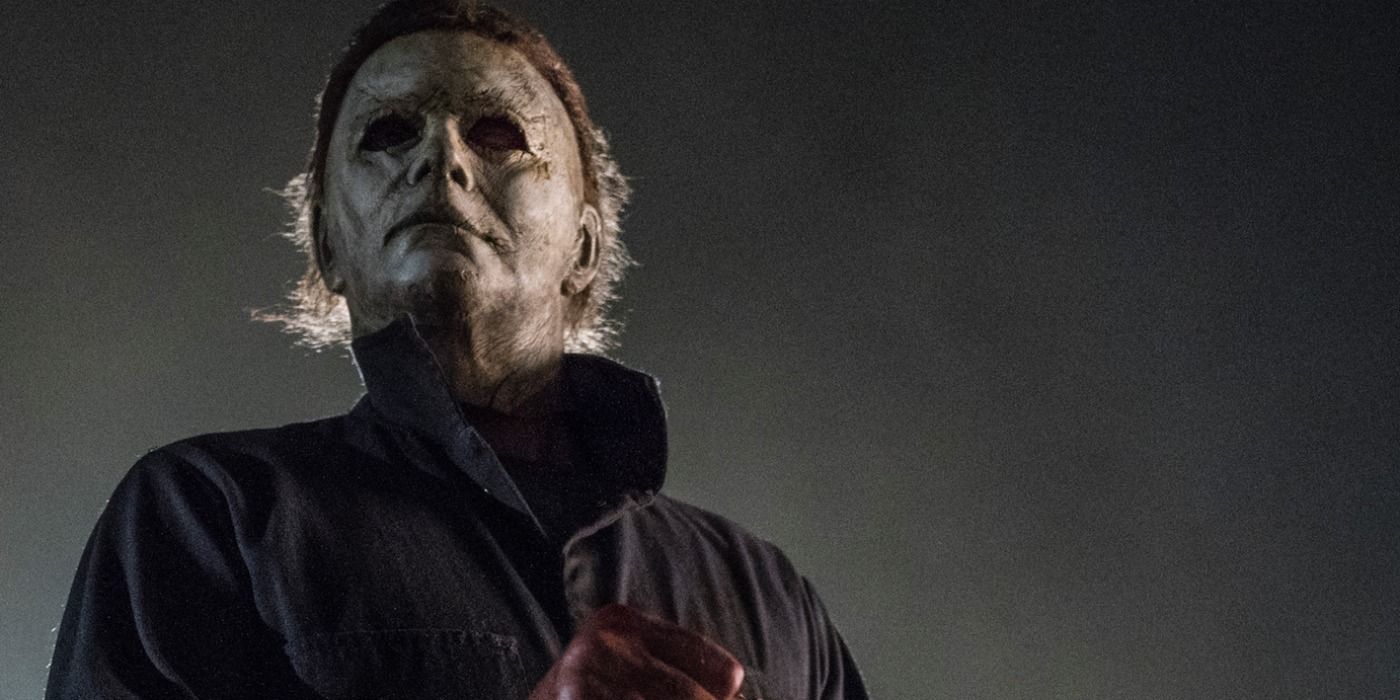What are the differences between a reboot, a revival, a remake, and a sequel? These four terms have come to dominate the modern moviemaking landscape, with many recent films and even TV/streaming shows using at least one of them to describe its new take on an older story. However, deciphering exactly what each of these terms currently means can be a bit tricky, especially when their definitions are so similar and seemingly interchangeable.
Over the past several decades, the film industry (especially Hollywood) has begun placing a larger emphasis on bringing back familiar intellectual properties rather than creating new ones. By reintroducing a previously made film or franchise to a new audience, movie studios can profit off of the recognition these IPs possess, and increase their success at the global box office. This business model has proved incredibly lucrative, with notable examples being Disney's Star Wars productions and live-action remakes of their classic animated films.
With so many new or continuing versions of older films/shows being made, using consistent terms to describe such projects has proven challenging. Every year brings a batch of films that are described as either reboots, revivals, remakes, or sequels, and the constant use of these terms has made it difficult to determine what each of them actually means. Here's a handy guide that helps define these terms, complete with examples of each.
What Is A Reboot?
Perhaps the most commonly used term to describe new versions of previously produced films/shows over the past decade is "reboot," a word used so frequently that many audiences now use it as a synonym for remaking a movie. However, these two words originally meant entirely different things, with "reboot" originally conceived as a way to describe a complete reset to an older film's continuity. A reboot usually refers to a franchise rather than a single film, and involves a story that completely ignores all or some of the series' previous entries. While certain elements like plot points, characters, or locations might be similar to the older version of the story or series, a rebooted version is usually entirely new with little to no connection to what came before. Some notable examples of this approach in recent years are the latest Star Trek films, the Planet of the Apes films that began in 2011 with Rise of the Planet of the Apes, and Universal's single installment in their defunct Dark Universe franchise, The Mummy (2017).
What Is A Revival?
Although less commonly used for film, the term "revival" is often found when discussing television or streaming series. As opposed to a reboot, which usually ignores the previous story with the intent of retelling or reinventing it, a revival is a continuation of the same story set (sometimes years) after the events of the story audiences are familiar with. In many cases, these projects are called "revivals" because there was either a concrete ending that came before, or there was little to no expectation among audiences that the series would ever be continued in the future. Recent examples of revivals include the short-lived return of Roseanne (now released under the title The Conners) and the successful Netflix series Fuller House, a revival of the beloved sitcom Full House that told a new story while still acting as a sequel to the events of the first series.
What Is A Remake?
Long before Hollywood began rebooting franchises and reviving TV series, they were remaking classic films. The tradition of the remake goes all the way back to the earliest days of filmmaking, with examples stretching as far into the past as the 1920s. A remake is most-easily defined as a second pass at a previously told story, a new version of an older film that maintains its basic plot. Remakes can invent entirely new things or stick close to the original work, all depending on the studio and/or creative team involved. One of the biggest examples of a film being remade is King Kong (1933), which has had no fewer than two remakes since the 1970s. Each attempt at remaking King Kong tried something different; the 1976 King Kong used the same basic plot of the original movie but changed the characters names and dynamics and switched up the reasoning behind Kong's discovery, while Peter Jackson's epic 2005 King Kong stuck very close to the plot of the original. Today, the industry's most profitable and well-known remakes are Disney's live-action blockbuster reinterpretations of their animated films, including Beauty and the Beast (2017), The Lion King (2019), and many others.
What Is A Sequel?
The easiest term to define when it comes to continuing preexisting stories is the sequel, which is another filmmaking concept that dates back to the early days of cinema. Simply put, a sequel is a film that continues a story from a previous film, taking place in the same continuity and acknowledging that the events of that previous movie occurred. Movies as old as the original Frankenstein (1931) and as recent as Jungle Cruise (2021) have all gotten (or will be getting) sequels, with those follow-up films each continuing the story and potentially leading into more sequels. The most famous example is undoubtedly Star Wars, which has seen no fewer than five direct episodic sequels (and three prequels) produced since 1980.
Why These Terms Are Starting To No Longer Matter
Despite having been established with clear definitions, words like reboot, revival, remake, and sequel are starting to become harder to accurately use, with new films getting more and more difficult to define. Films like Halloween (2018) are blurring the line between sequel and reboot; since the film acknowledges the events of the original 1978 Halloween but ignores all the other films in the series, it's technically both a reboot and a sequel. Terms like "rebootquel" are beginning to pop up to describe such films, and the word "preboot" gained traction in 2011 with the release of Rise of the Planet of the Apes.
Further confusing these categories is the idea of the "legacy sequel," also sometimes known as the "remakequel." These films technically function as in-continuity sequels to established franchises, but are essentially retellings of stories already told in those franchises. Examples of this include Star Wars: The Force Awakens (a sequel to Star Wars: Return of the Jedi, a revival of the Star Wars series, but also nearly a remake of Star Wars: A New Hope) and Jurassic World (a sequel to Jurassic Park III, a revival/reboot of the series, but borrowing heavily from the original Jurassic Park). In a day and age wherein Hollywood has become desperate to dust off and either continue or reimagine older stories for the sake of making money, finding meaning in these terms and defining what films or TV shows have been rebooted, revived, remade, or continued is quickly becoming a fruitless effort.

